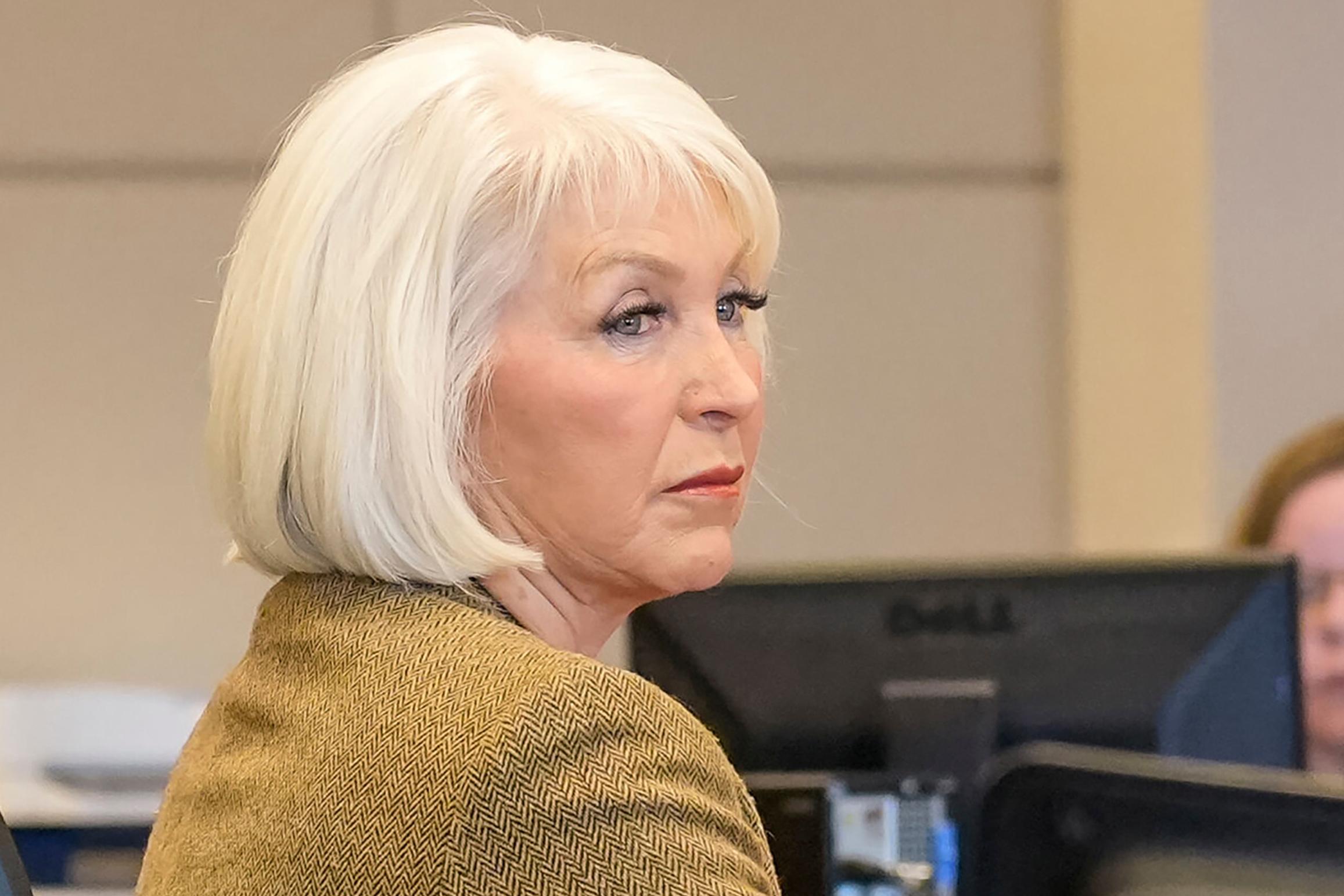Originally published on May 10, 2019 4:21 pm
Transportation funding advocates are giving Colorado’s latest legislative session mixed reviews despite a bipartisan budget deal that boosted transportation funding by $70 million.
Margaret Bowes, who leads an organization that focuses on improving the Interstate 70 corridor in the mountains, said the money lawmakers added for roads and bridges was “just a drop in the bucket.”
“So the Joint Budget Committee found $100 million from the general fund, and that’s great, but that gets us less than one fifth of the way to a project like Floyd Hill,” Bowes said, referring to a $500 million proposal to renovate one of the most congested stretches of I-70. “So the price tags are pretty large here in the mountain corridor.”
Meanwhile, Sandra Hagen Solin is looking at the big picture. Solin leads Fix Colorado Roads, a transportation lobbying group. She said the extra $70 million lawmakers found brings the state’s total investment to about $800 million this year. And that’s good news for drivers in places like Northern Colorado.
“We anticipate some dollars flowing into North I-25 to assure full funding of certain segments of that corridor between Fort Collins and Loveland,” Solin said.
But Bowes and Solin agree that drivers are still waiting for a long-term funding solution after the recent defeat of two ballot measures that would have provided billions of dollars for the state’s transportation system.
In the final days of the session, lawmakers decided to postpone a ballot question that would have asked voters to let the state borrow $2.3 billion for transportation projects.
Supporters of pushing off the funding question until 2020 said they didn’t want it to compete with another ballot question that aims to get some extra money for transportation.
“It’s recognizing when you have two measures on the ballot both in favor of transportation, you doom them to failure,” state Sen. Rachel Zenzinger, D-Arvada, said earlier this month.
The other measure Zenzinger referred to asks voters to remove the state revenue limit set by the Taxpayer Bill of Rights, or TABOR.
Lawmakers want to keep the excess revenue that would otherwise be refunded to taxpayers and spend it on transportation, higher education and public schools.
House Speaker KC Becker, D-Boulder, estimates the TABOR ballot measure could generate anywhere from $65 million to $1 billion in state funding each year.
“We don’t think this is going to be a solution to long-term needs in transportation, or K-12 or higher ed, but we do think it’s a good first step,” Becker said.
Meanwhile, Gov. Jared Polis said he is holding meetings with financial strategists to try and identify a longer-term funding source for transportation.
“That group will continue to meet on building as large a coalition as possible to meet our infrastructure funding needs,” he said last month.
The state’s backlog of transportation projects totals $9 billion.
Shoshana Lew, the new director of the Colorado Department of Transportation, said the state needs to steer the conversation away from big numbers and focus more on how projects can positively impact people’s lives.
“When you go to voters for solutions, it has to be translated into something that means something for their lives,” Lew said.
Capitol Coverage is a collaborative public policy reporting project, providing news and analysis to communities across Colorado for more than a decade. Eleven public radio stations participate in Capitol Coverage from throughout Colorado.
Copyright 2019 KUNC. To see more, visit KUNC.








